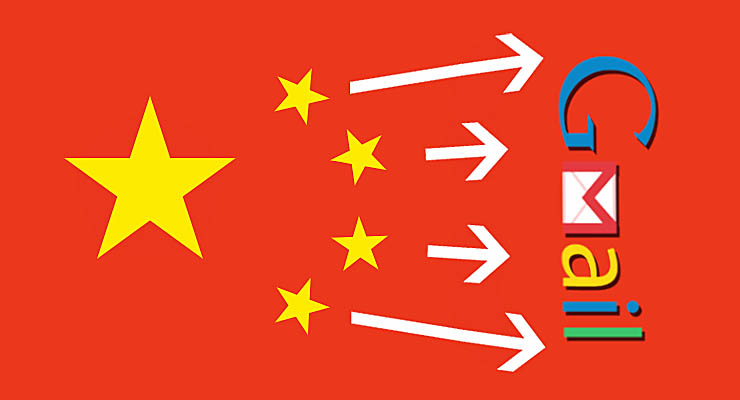
You might find this letter of interest. Google is under pressure over proposals to re-enter China. Here is a letter from Human Right In China that outlines the opposition to such rumors:
To: Sundar Pichai, Chief Executive Officer, Google Inc
cc: Ben Gomes, Vice President of Search; Kent Walker, Senior Vice President of Global Affairs; Scott Beaumont, Vice President, Greater China & Korea
11 December 2018
Dear Mr Pichai,
We are writing to ask you to ensure that Google drops Project Dragonfly and any plans to launch a censored search app in China, and to re-affirm the company’s 2010 commitment that it won’t provide censored search services in the country.
We are disappointed that Google in its letter of 26 October[1] failed to address the serious concerns of human rights groups over Project Dragonfly. Instead of addressing the substantive issues set out in the August letter,[2] Google’s response – along with further details that have since emerged about Project Dragonfly – only heightens our fear that the company may knowingly compromise its commitments to human rights and freedom of expression, in exchange for access to the Chinese search market.
We stand with current and former Google employees speaking out over recent ethical scandals at the company, including Project Dragonfly. We wholeheartedly support the message from hundreds of Google employees asking Google to drop Dragonfly in their open letter of 27 November, and commend their bravery in speaking out publicly. We echo their statement that their “opposition to Dragonfly is not about China: we object to technologies that aid the powerful in oppressing the vulnerable, wherever they may be.” [3]
New details leaked to the media strongly suggest that if Google launches such a product it would facilitate repressive state censorship, surveillance, and other violations affecting nearly a billion people in China. Media reports state that Google has built a prototype that censors “blacklisted” search terms including “human rights”, “student protest” and “Nobel Prize”, including in journalistic content, and links users’ search queries to personal phone numbers.[4] The app would also force users to sign in to use the service, track and store location information and search histories, and provide “unilateral access” to such data to an unnamed Chinese joint venture company, in line with China’s data localization law – allowing the government virtually unfettered access to this information.[5]
Facilitating Chinese authorities’ access to personal data, as described in media reports, would be particularly reckless. If such features were launched, there is a real risk that Google would directly assist the Chinese government in arresting or imprisoning people simply for expressing their views online, making the company complicit in human rights violations. This risk was identified by Google’s own security and privacy review team, according to former and current Google employees. Despite attempts to minimize internal scrutiny, a team tasked with assessing Dragonfly concluded that Google “would be expected to function in China as part of the ruling Communist Party’s authoritarian system of policing and surveillance,” according to a media report.
See full text here.
Leave a Reply